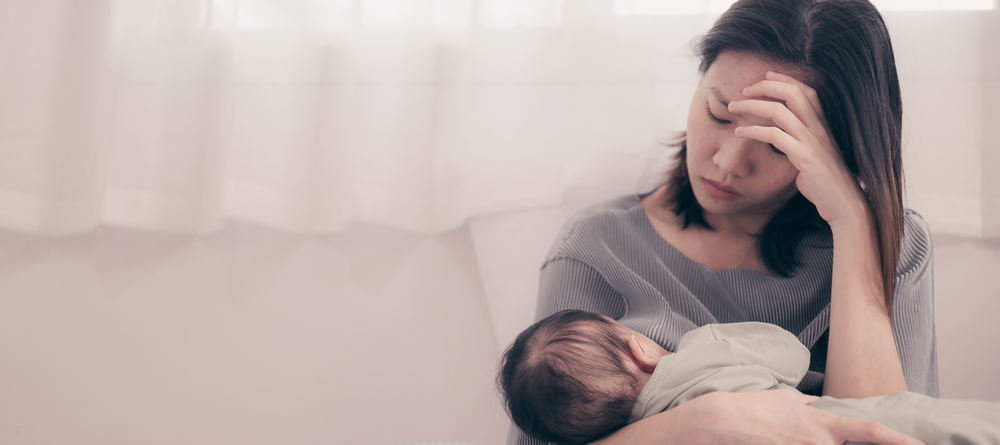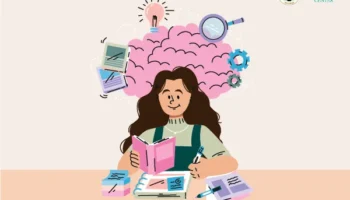Postpartum Depression: Signs & Symptoms
The Nystrom & Associates provider consulted for this is Abby Fletcher, MA, LPCC, Outpatient Therapist.
Motherhood comes with a lot of changes. Not only does your body change, but your hormones, daily routine, and mindset are affected, too. The physical and chemical changes after birth combined with emotional stressors can lead to postpartum depression (PPD).
What Causes Postpartum Depression?
There’s no one cause for postpartum depression, although hormonal changes do contribute to symptoms of PPD. The hormones estrogen and progesterone are the highest they will ever be when you are pregnant. After giving birth, those levels drop quickly to pre-pregnancy levels, which may trigger depression. A few other factors that influence the likelihood of PPD are anxiety, lack of sleep, and a shift in self-image. Many new mothers (and fathers) experience anxiety over how to care for a newborn and have a disrupted sleep schedule. These physical and emotional issues may play a role in PPD. Related: Mental Health AwarenessSigns and Symptoms
The signs and symptoms of PPD can range from mild to severe and are different than the common “baby blues” that last a week or two after giving birth. The baby blues include symptoms like irritability, mood changes, anxiety, sadness, and appetite/sleep changes. They typically fade after a few weeks. PPD on the other hand lasts longer and is more intense. Depression is not an abnormal experience for new mothers. “Depression is the most common complication of pregnancy at an occurrence rate of 12-20%,” explains Abby Fletcher, Outpatient Therapist in the Mother-Baby program at Nystrom & Associates. She goes on to list the symptoms of PPD. Postpartum depression can look like general depression such as:- Sadness
- Sleep disturbance
- Feelings of overwhelm
- Irritability
- Appetite changes
- Hopelessness
- Worthlessness
- Suicidal thoughts
- Feelings of rage
- Thoughts of escaping from family
- Lack of feelings, response, or affection toward baby
- Thoughts: "I don't feel like me", "I didn't expect motherhood to look like this", "My family would be better off without me", etc.
Treatment
Postpartum depression is treated on a case-by-case basis, depending on the needs of the client. Typically, a combination of therapy and anti-anxiety or anti-depressant medication is most effective. A support group is also helpful to manage symptoms. Abby Fletcher highlights the importance of getting help.Please know that postpartum depression is treatable! If you or your partner (pregnancy and postpartum depression and anxiety can occur with dads/partners, too!) are not feeling like yourselves during pregnancy or postpartum, contact our Mother-Baby program to screen for postpartum depression and other perinatal mood and anxiety disorders and to receive therapeutic support.Read our article on How Therapy Helps With Depression for more insight on the benefits of therapy. A Word From Nystrom & Associates One of the biggest barriers to receiving treatment for PPD is asking for help. Call 1-844-NYSTROM if you would like to make an appointment or want to learn more about our Mother-Baby program. For more information on postpartum depression, click here. Related: How Mental Health Affects Physical Health







